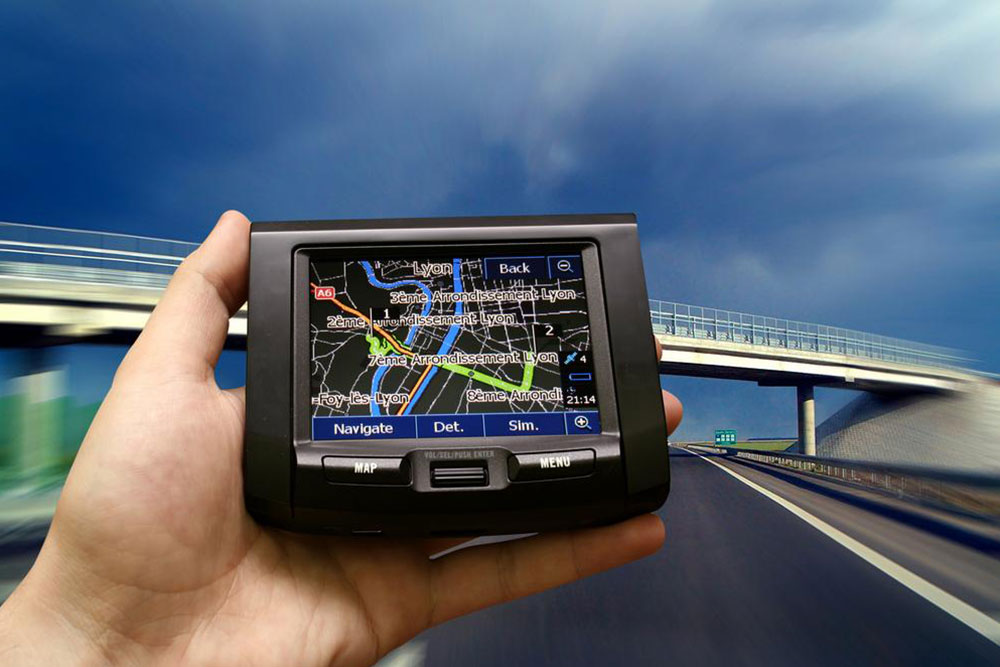Benefits of Implementing Fleet GPS Tracking Technology
Discover how fleet GPS tracking systems revolutionize vehicle management by enhancing routing, safety, and cost efficiency. This technology offers real-time monitoring, improves driver behavior, and reduces operational expenses. Learn why many industries are adopting GPS tracking to optimize fleet performance and security.

Advantages of Implementing Fleet GPS Tracking Technology
Fleet GPS tracking technology allows logistics companies and fleet managers to monitor and oversee their vehicles and equipment efficiently. This system enhances operational oversight, cuts costs, and boosts overall productivity. Used globally across various industries, GPS fleet tracking is gaining popularity for its multiple benefits. Continue reading to discover how this technology can transform fleet management.
Underlying Technology
Tracking assets via satellite has been essential for thousands of years. Modern advancements, including radio signals and satellite communication, have improved accuracy and reliability for fleet management.
The core of fleet GPS tracking involves satellite communication to determine the precise location of vehicles and assets. GPS units use receivers that establish real-time positions, enabling effective fleet oversight.
Optimized Routing
With GPS tracking, fleet managers can monitor vehicle locations constantly. This improves security and route planning by providing real-time data on vehicle status, avoiding delays, and adjusting for unforeseen circumstances like traffic or weather. This flexibility enhances service efficiency and delivery times.
Furthermore, GPS systems facilitate the selection of optimal routes, reducing travel time and avoiding congestion, which leads to faster deliveries and lower fuel consumption. Enhanced routing minimizes engine idling, significantly saving fuel and reducing operational costs.
Cost Savings
Implementing GPS tracking helps lower maintenance expenses by reducing unnecessary engine wear from excessive travel. Additionally, fuel savings are achieved by avoiding heavy traffic and optimizing driving routes. Improved routing translates to fewer stops and less idling, further conserving fuel and reducing overall expenses.
Driver Oversight
This technology also enables continuous monitoring of driver behavior, including speeding, harsh braking, and rapid accelerations. Such insights help promote safer driving habits, reduce accident risks, and prevent traffic violations. Drivers with GPS monitoring often demonstrate better driving practices, which can positively influence their professional development and safety scores.
Enhanced Safety & Support
GPS systems provide essential safety features, allowing drivers to request assistance promptly during emergencies or adverse conditions. Real-time location data facilitates rapid responses from law enforcement, medical aid, or roadside assistance, ensuring driver safety even in severe weather or difficult terrains.
Asset Tracking
One significant benefit is the ability to track assets continuously, including during transit. Fleet managers can prevent theft and quickly locate misplaced or stolen equipment, as real-time updates allow for immediate action when asset positions change unexpectedly.
Insurance Perks
Many insurance providers offer reduced premiums for fleets equipped with GPS tracking systems, recognizing the added security and loss prevention these systems provide. This further enhances the economic value of investing in such technology.
Note:
Our blog offers diverse informational content across various topics. While our team strives for accuracy, users should treat articles as informational rather than conclusive. We disclaim responsibility for discrepancies or inaccuracies found elsewhere. Additionally, specific schemes or offers may vary, and readers should verify the details independently.










